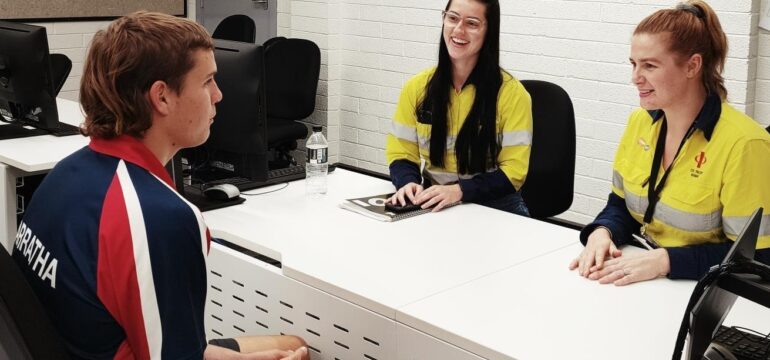
Do you recruit based on the ‘I like you’ factor?
If you are a manager who regularly interviews and recruits staff members, have you ever considered the criteria you use in hiring? If not, take a moment to consider if you might be doing any of the following:
- You advertise and interview for a position without having a complete and formal job description.
- You go into the interview without preparation and don’t have a set of questions to ask every candidate who interviews for the position.
- You have no formal criteria to rank the interviewed candidates regarding their suitability for the position.
- Within a couple of minutes of meeting a person, you know whether or not you will employ them, and that decision is mainly based on feelings and not facts.
Why do employers and HR representatives interview and select employees this way?
This type of interviewing can be highly subjective and lead to hiring bias. It can also make it difficult to compare candidates objectively and select the best person for the job. Additionally, it can lead to a feeling of being rushed and pressure to make a hire quickly.
But despite the negative effects, it’s a common workplace practice. And it’s understandable because when we recruit, we want to find someone we like who fits well with the team. This way, we feel more comfortable coming to work and seeing many people we get along with.
Unfortunately, this can also create many problems in the long run.
How do we solve this problem?
Firstly, if we only employ people based on liking them, we will mostly end up with people who are similar to us and the staff members we already have. When this happens, there is no variety in our team, and we won’t get a lot of new input and ideas.
Secondly, not all jobs require the same personality type, especially if you recruit for very different positions. Think of salespeople and accountants. Consider what type of personality you want that person to have. Not surprisingly, your salespeople might be more charismatic than your accountant, but you certainly don’t want a salesperson to prepare financial statements for you.
Try reading about DISC Personality Types. Many recruiters can use it to identify relevant and useful personality traits, including communication, social, and stress management abilities.
Thirdly, liking someone does not guarantee that they will perform well in any job. Suppose you don’t have objective selection criteria. In that case, you might not only employ the wrong person for the job but also have difficulties telling them they’re not performing because you want to protect their feelings.
Therefore, if you have a position to fill, we recommend the following steps:
- Think about what kind of position it is, prepare a detailed job description and then think about what characteristics a person will need to perform well in this job.
- Prepare for the interview by writing out questions that you will ask and knowing what answers to expect from a great candidate.
- Formalise your selection criteria, what skills and knowledge are essential, and what is desirable and after the interview, score all candidates against your selection criteria.
- If the candidate with the highest score differs from the one you intuitively wanted to employ, think about why and what makes the difference between the candidates. If it’s appropriate, you might need to adjust your selection criteria. If your selection criteria are correct, you might have to ignore your feelings and go for the candidate with the higher score.
For more tips on choosing the right candidate, stay tuned for our next article on interview preparation.
You can also get more news and insights about Aston Advantage here.


